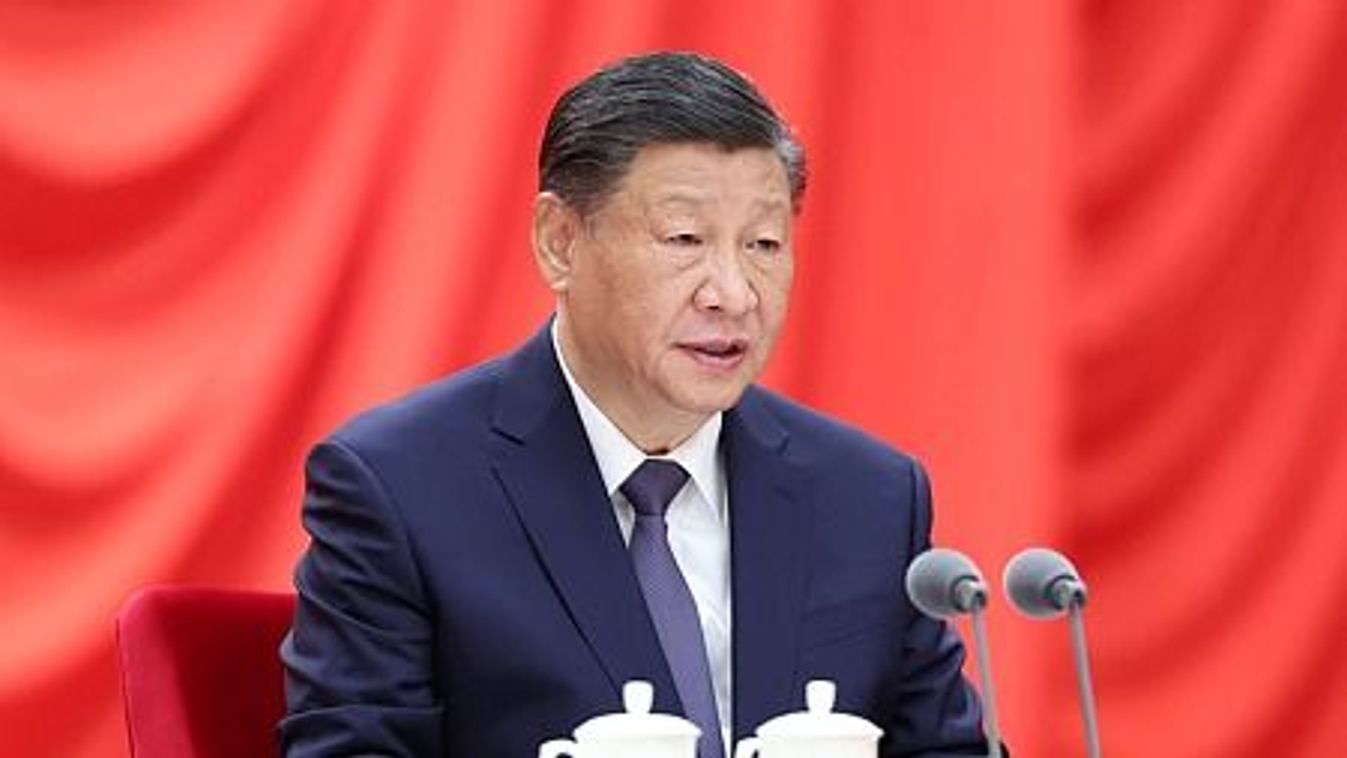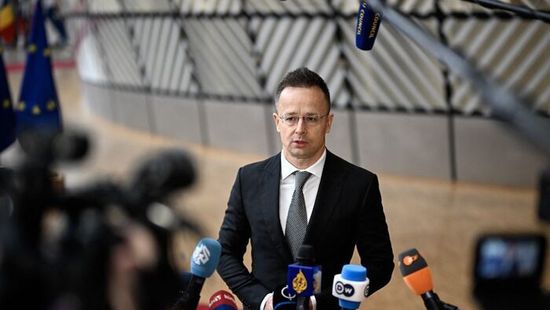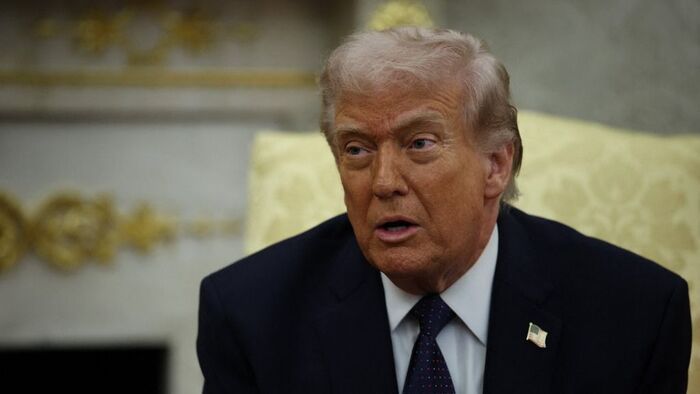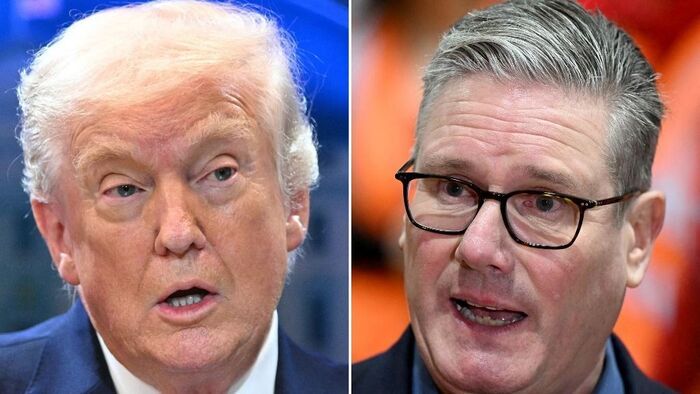The dean of the Institute of International Relations at Tsinghua University spoke to Eurasia Magazine about the future of US-China relations, de-risking and Hungary's role in Europe-China relations.
Yan Xuetong said that although China is considered the second largest power, it will still have less influence than the United States in shaping the global order over the next decade.
Due to its principle of peaceful coexistence, China is unlikely to get involved in military confrontations. It will therefore continue to have limited influence on the global security order, but will have a much greater ability to shape the world economy. It is very likely that the current bipolarity regarding China and the US will remain for another decade or more, as other countries are unlikely to catch up with either in terms of capabilities;
The EU's de-risking policy was also discussed, which calls for companies and countries to adapt their business/economic activities to minimize as much as possible the operational risks they may face. This process also extends to the restructuring of the supplier networks.
The European Union started the aforementioned de-globalization, officially known as de-risking, because of the war in Ukraine. But this is likely to continue long after the war is over. De-risking is targeting not only Russia, but also China and a few other countries. I believe that this policy is also aimed at preventing US companies from dominating the EU digital market. The main driver of this policy is no longer the war in Ukraine, but the fear among EU leaders of economic dependencies.
Yan Xuetong also touched on what a potential Donald Trump victory in this November's presidential election would bring.
If Donald Trump wins this year's presidential election, he could reduce military aid to Ukraine and crack down on EU market protectionism. This scenario could prompt EU policymakers to adjust their de-risking policies earlier than expected.
Finally, the role of Hungary in shaping relations between Europe and China was also discussed in the interview.
Hungary's policy towards China is very positive, and helps to improve Sino-EU relations, but only to a limited extent, as it is a very complex issue. However, if China and the EU fail to get along with each other, the strategic cooperation between China and Hungary will become even more valuable.
China's relations with Hungary are better than with other EU member states, according to the professor.
There is still scope for the two countries to further improve strategic cooperation. In the digital age, technological cooperation serves as a key foundation for stable strategic relations between countries. This is also true for China-Hungary relations. For sustainable strategic ties, China and Hungary should consider developing more joint programs in the areas of digital education, research, development, networks, products, services and sub-markets.
As Magyar Nemzet reported earlier, Chinese President Xi Jinping will be visiting Hungary on Wednesday.























Szóljon hozzá!
Jelenleg csak a hozzászólások egy kis részét látja. Hozzászóláshoz és a további kommentek megtekintéséhez lépjen be, vagy regisztráljon!